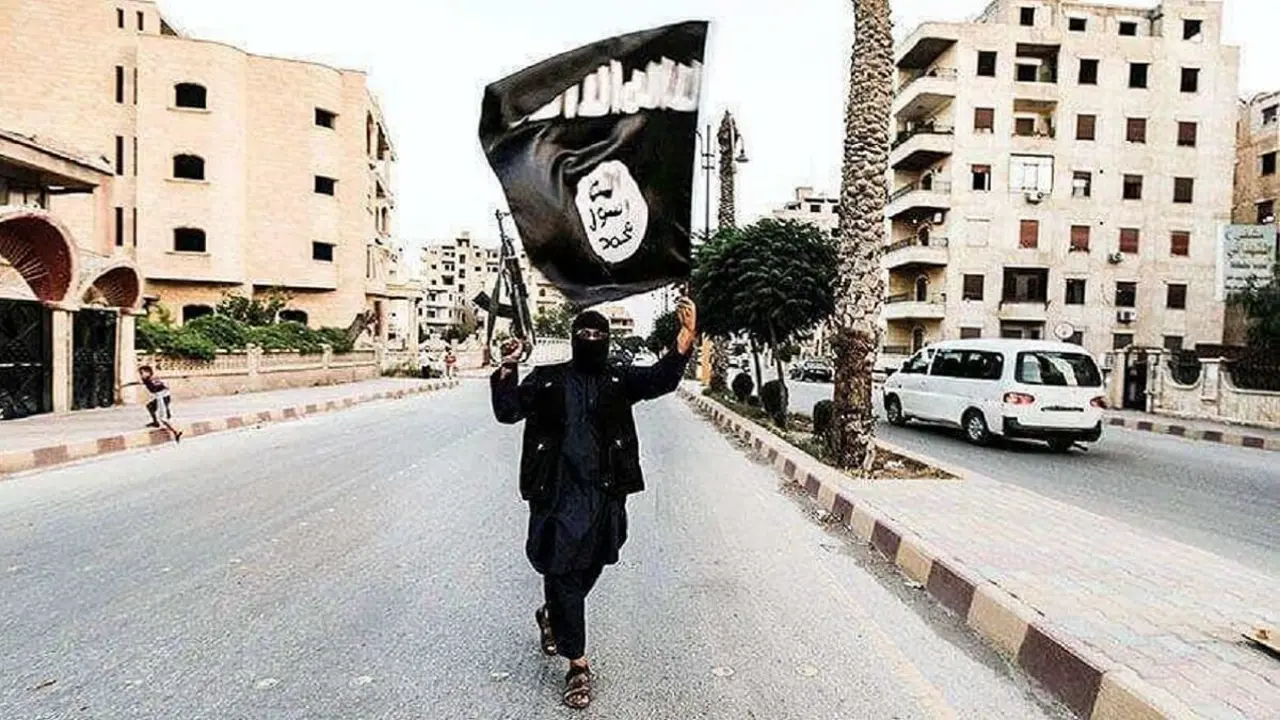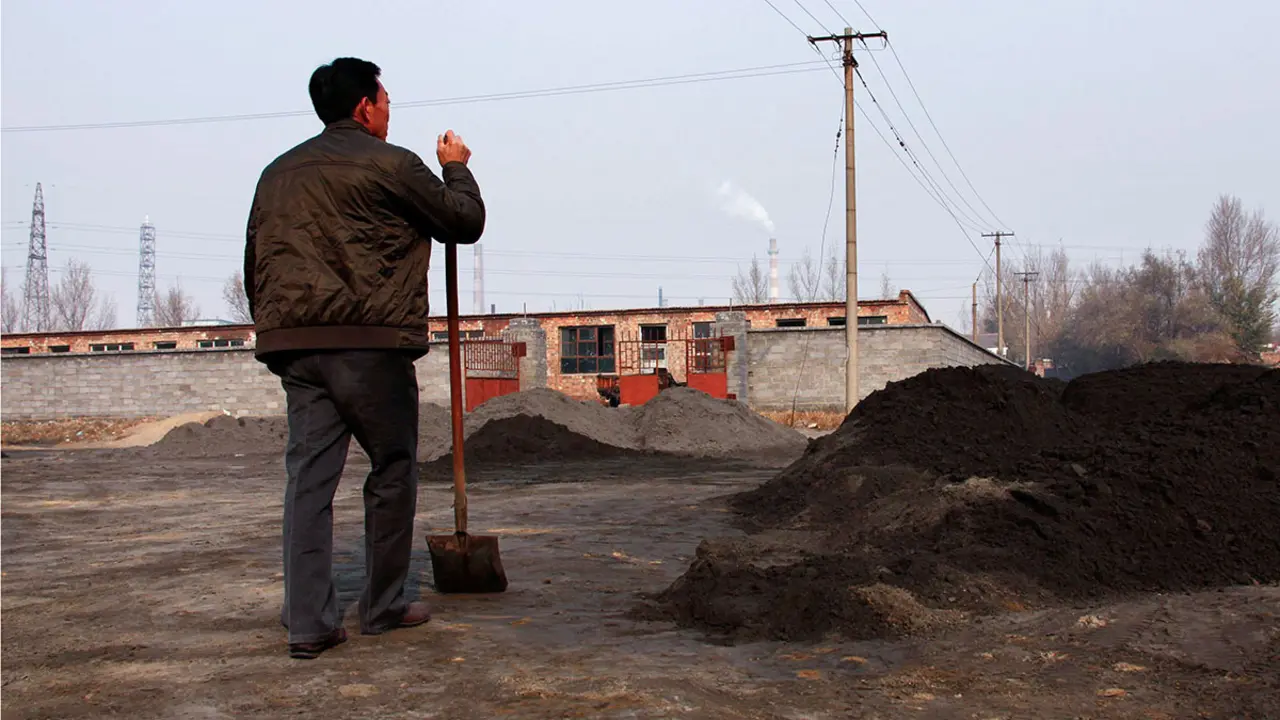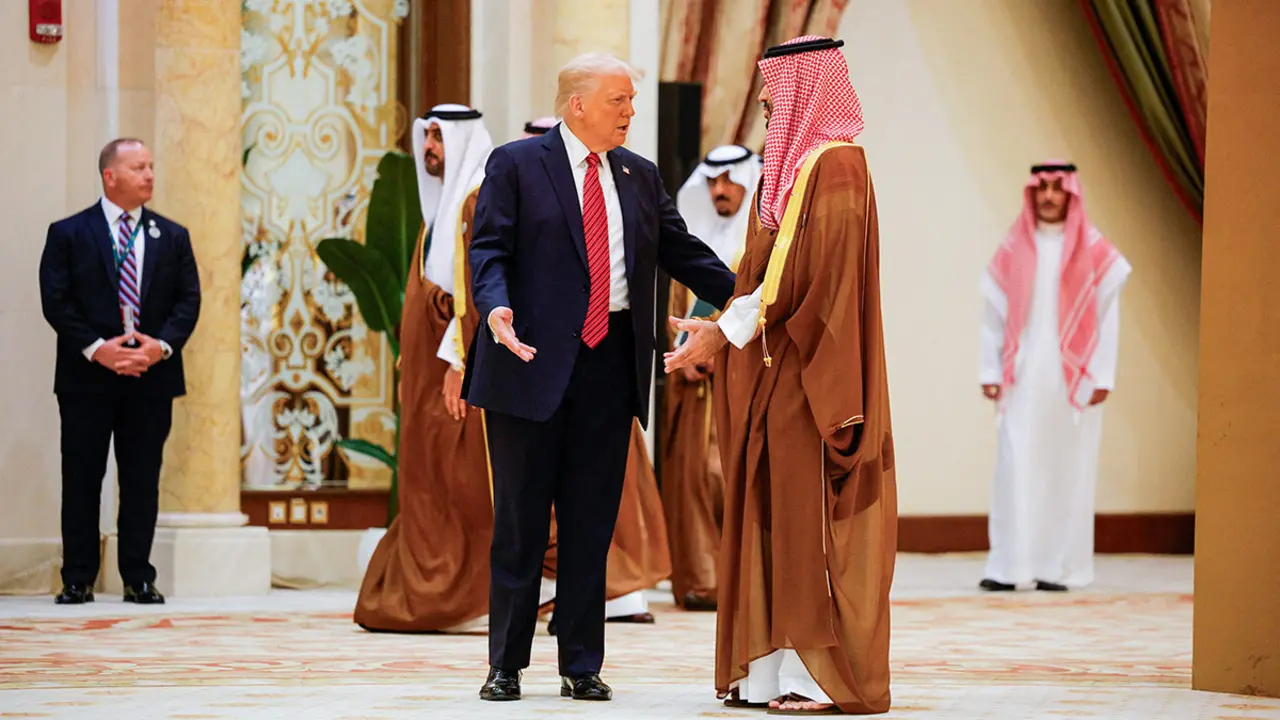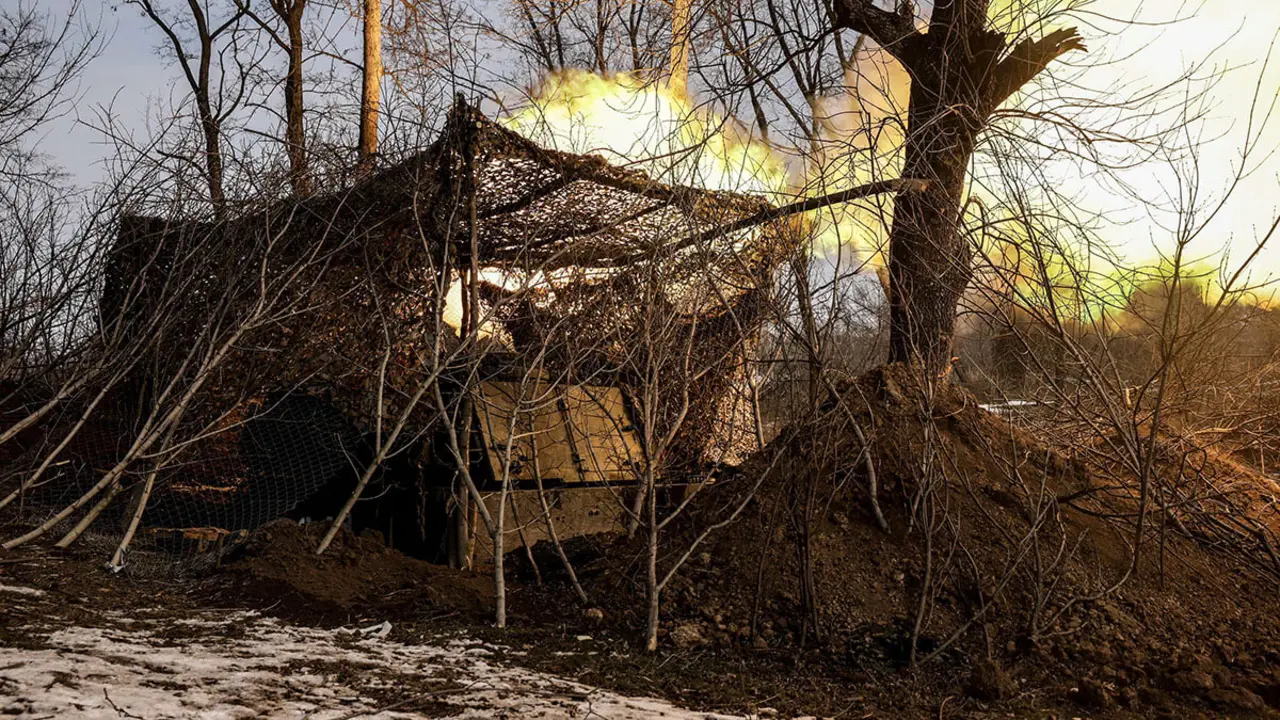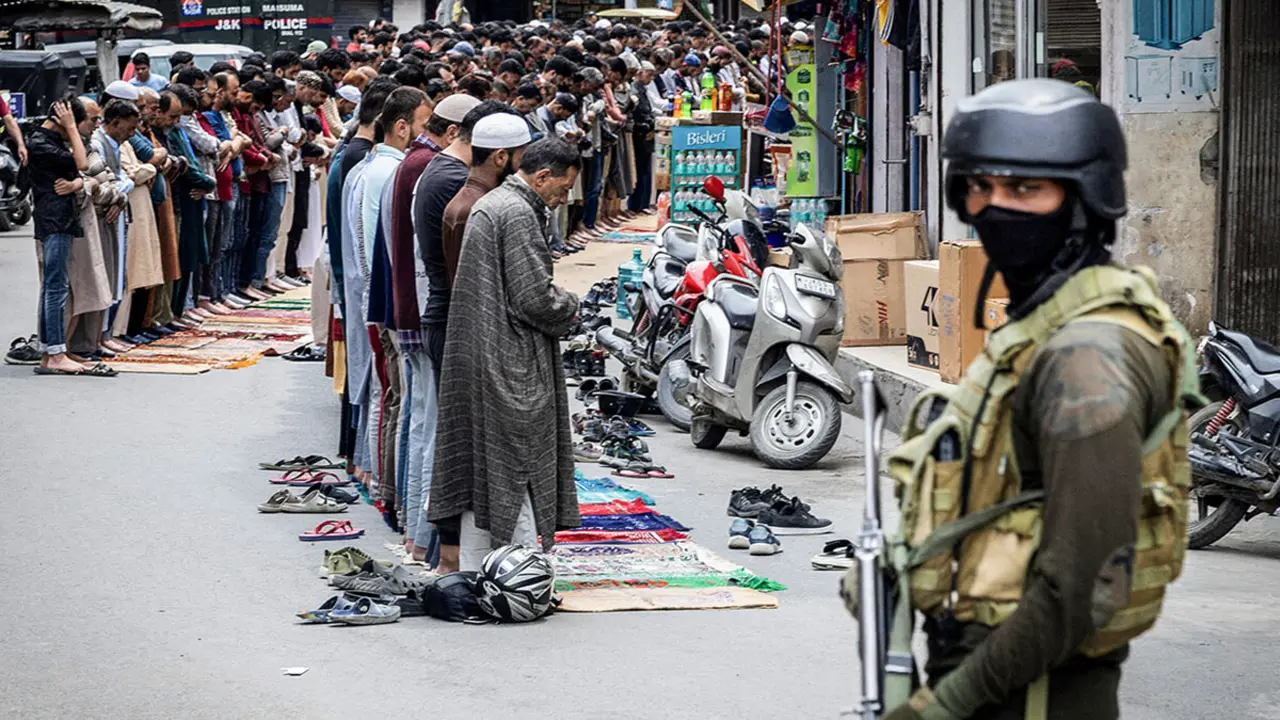Real power of the ultra-Orthodox in Israel

The ultra-Orthodox enjoy great power in Israel.
Israel is the only Jewish state in the world, but it is here in religion that the main dilemma afflicting the country begins. Israeli society, surprising as it may seem, does not see the Palestinian conflict as the main threat, but rather identifies its main threat within its own territory, more specifically in the way its society is shaped, that is, in the religiosity attributed to the spheres of power, politics and government.
One of the major problems facing Israel today is related to the religious and political power of ultra-Orthodoxy and the difficulties this creates for the progressive and secular world. In the religious sphere, four major movements can be distinguished: ultra-Orthodox or Haredi Judaism, Modern Orthodox Judaism, the Conservative or Masorti world - characterised as strongly Zionist - and, finally, the Progressive or Reform movement.

There are many points of friction between these groups, as well as with the secular population, including the exclusive economic privileges held by the ultra-Orthodox sector of the population, as well as the debate over civil marriage. This confrontation between the secular and religious worlds is a headache for many Israeli leaders who see it as a very real threat. Efraim Halevy, the former head of Mossad - Israel's intelligence service - between 1998 and 2002, warned that 'the radicalism of the ultra-Orthodox represents a greater existential threat than the danger of a nuclear Iran'.
Ultra-Orthodox sector comprises a range of different groupings that can encompass a variety of ideologies, such as a total rejection of the State of Israel or a theoretical rejection, but with acceptance of, and therefore participation in, political life. The ultra-orthodox or haredi are openly anti-Zionist, and while it may seem a paradox that the most radicalised sector of Judaism rejects the creation of the Jewish state, it is indeed a fact.

The Haredi argue that Jews have no right to rule and settle in the Promised Land before the coming of the Messiah. They do not recognise the legitimacy of the State of Israel, are isolated from the rest of the Jewish community and do not recognise the authority of the Rabbinate of Israel; they are also geographically and culturally separated from the rest of society as they live in specific neighbourhoods and speak Yiddish to the detriment of Hebrew. The ultra-Orthodox, therefore, ultimately reject the legitimising arguments of the Jewish state at its core, provoking a direct confrontation with the rest of the Jewish population, the majority of whom are Zionists.
It is also interesting to note how the ultra-Orthodox population is growing. Israel's Central Bureau of Statistics estimates that this community barely numbered 30,000 in 1952, by mid-2019 it already stands at more than 1,120,000. But the most striking data is that by 2030 the Haredi community is expected to constitute 16% of the total population, and the most conservative estimates calculate that by 2065 they will account for a third of the Israeli population (40% of the Jewish population of the state). The average number of children for this community is estimated at 6.9 per woman, compared to 2 or 3 for the rest of the population.

The growth of this population has a direct impact on the political strategies of the Jewish state, which sees in this minority a good opportunity to gain greater support. The ultra-Orthodox do not identify with a specific political current, but rather support initiatives that benefit their community, which is why this population is playing an increasingly decisive role in the world of Israeli politics.
Benjamin Netanyahu has been able to identify the potential of this minority and has managed to form a government with their help. Israeli politics is divided into two blocs: one can be identified with the right, comprising secular and religious nationalism, which has joined forces with the ultra-Orthodox (Shas and United Torah Judaism); and the other with the left, with new secular formations such as Blue and White and the Democratic Union, among others.

Since Netanyahu became Israel's prime minister in 2009, he has always given special prominence to the ultra-Orthodox parties. In his speeches, Netanyahu praises the two haredi parties as 'Likud's natural allies'. Moreover, after the second elections in 2019, when the Blue and White party, led by Benny Gantz, emerged as the largest party, and decided to form a government with 'the right-wing bloc', the group of religious parties refused to negotiate with Gantz and insisted that only Netanyahu could be prime minister.
The ultra-Orthodox community has enjoyed multiple benefits from the Netanyahu administration in recent years. The Haredi population, which is openly anti-Zionist and rejects the state of Israel, does participate in the country's political life and has become increasingly relevant in this area, becoming a hinge party in the Israeli parliament. This minority pays hardly any taxes and is the population that benefits most from public aid, since 60% of Haredis live on the poverty line.

Also, as a result of increased political pressure from the ultra-Orthodox parties in the coalition government, state funding for yeshivas (rabbinical schools) has increased considerably, from 124 million euros in 2014 to 250 million euros in just two years. But the most controversial concession is their exemption from compulsory military service.
In fact, this privilege of the ultra-Orthodox minority not to perform compulsory military service has raised blisters among the population and led to a major government crisis. In 2017, Israel's Supreme Court struck down parts of a 2015 conscription law that exempted Jewish seminary students from military service, calling the measure discriminatory and unconstitutional. The court ordered the government to find a new framework that would provide equal treatment for all Jewish citizens. Shortly afterwards, the Supreme Court granted an extension of the deadline for the adoption of new laws.

In this context, the ultra-Orthodox, and the parties representing them in the Israeli coalition government, demanded a reform of the conscription law to ensure that a large proportion of their male voters could be exempted from military service. The law was already amended in 2017 to include a reduction in quotas for ultra-Orthodox participation in the army if they could prove they were yeshiva students.
In fact, the reform of the military service law provoked such a crisis within Israel's coalition government that it precipitated the call for early elections. Prime Minister Netanyahu called for a vote on the controversial law to increase conscription of the ultra-Orthodox minority. This law was rejected by the religious sectors, which were also part of the coalition government.

Most surprising, however, was the announcement by the Yesh Atid party - a secularist and centrist party - headed by Yair Lapid, known for its fight for Haredi service in the army, that it would not support the law. According to Lapid, this is because the conservative leader sealed a pact with the ultra-Orthodox not to implement or soften the law and to give them more budgets in order to ensure his continuity in power. The leader of the Yesh Atid party accused the prime minister of surrendering to "the ultra-Orthodox population because he is afraid of them".
New elections took place in 2019, more specifically two, since after those called in April the two major groupings, Netanyahu's Likud and Benny Gantz's Blue and White party, were unable to form a government, so the Israeli population had to face a new call to the polls in September of the same year. In this new government formation, after the September 2019 elections, the ultra-Orthodox re-entered the government coalition as Netanyahu's main supporters.

While Israeli society faced severe restrictions due to COVID-19, the ultra-Orthodox population enjoyed a rather normal life. The ultra-Orthodox have ignored the instructions of the Israeli authorities and continued to go about their normal business, with the result that this minority, which accounts for 10% of Israel's population, has accumulated 40% of the daily positives.
The ultra-Orthodox have been at the centre of multiple violent clashes with the police for failing to comply with the confinement and protesting against the health measures imposed by Netanyahu's government. These protests came from a group that, despite the restrictions, has continued to attend synagogues, their schools have remained open, weddings and even large funerals have been held, while the rest of Israeli society was under strict confinement.

Israel has already suffered three lockdowns, and is now in the midst of a de-escalation, spurred by the rapid vaccination campaign, which has succeeded in inoculating 40 per cent of its population with at least one dose.
Despite being a minority that currently represents only about 10% of the Israeli population, it holds vitally important shares of power. The religious character of a cause often serves to mobilise certain groups that would otherwise not participate in political life. In this case, the ultra-Orthodox, who explicitly reject the State of Israel, have managed to establish themselves as a major political force often decisive in forming a government, achieving benefits for their community in return.

For his part, Benjamin Netanyahu has also known how to play with this minority, giving in on those aspects he considers less 'controversial' in order to always secure the support of parties such as Shas and United Torah Judaism, which were practically the ones that sought his reappointment as prime minister after the last elections. Although it is a game of exchanging favours or concessions, as in any democracy, where it is necessary to reach agreements to form a government, this case is somewhat more particular as it offers a different status to the ultra-Orthodox minority, which has specific benefits that the rest of Israeli society does not enjoy, justified by its religiosity.

There is a complex balance between state and religion, which so far seems to have been sustained. But more and more voices in Israel are criticising the benefits granted to this minority, and it has already been shown that these political parties have even caused a government crisis, the outcome of which ended at the ballot box. In short, we should not underestimate this minority, which is increasingly acquiring a more relevant role in the political sphere, and may end up provoking a confrontation with the rest of the Jewish population, due to its multiple privileges, both socially and economically.


